
AeroGenie – Ihr intelligenter Copilot.
Trends
Categories
Boeing 737 MAX Fraud Trial Scheduled for June 23
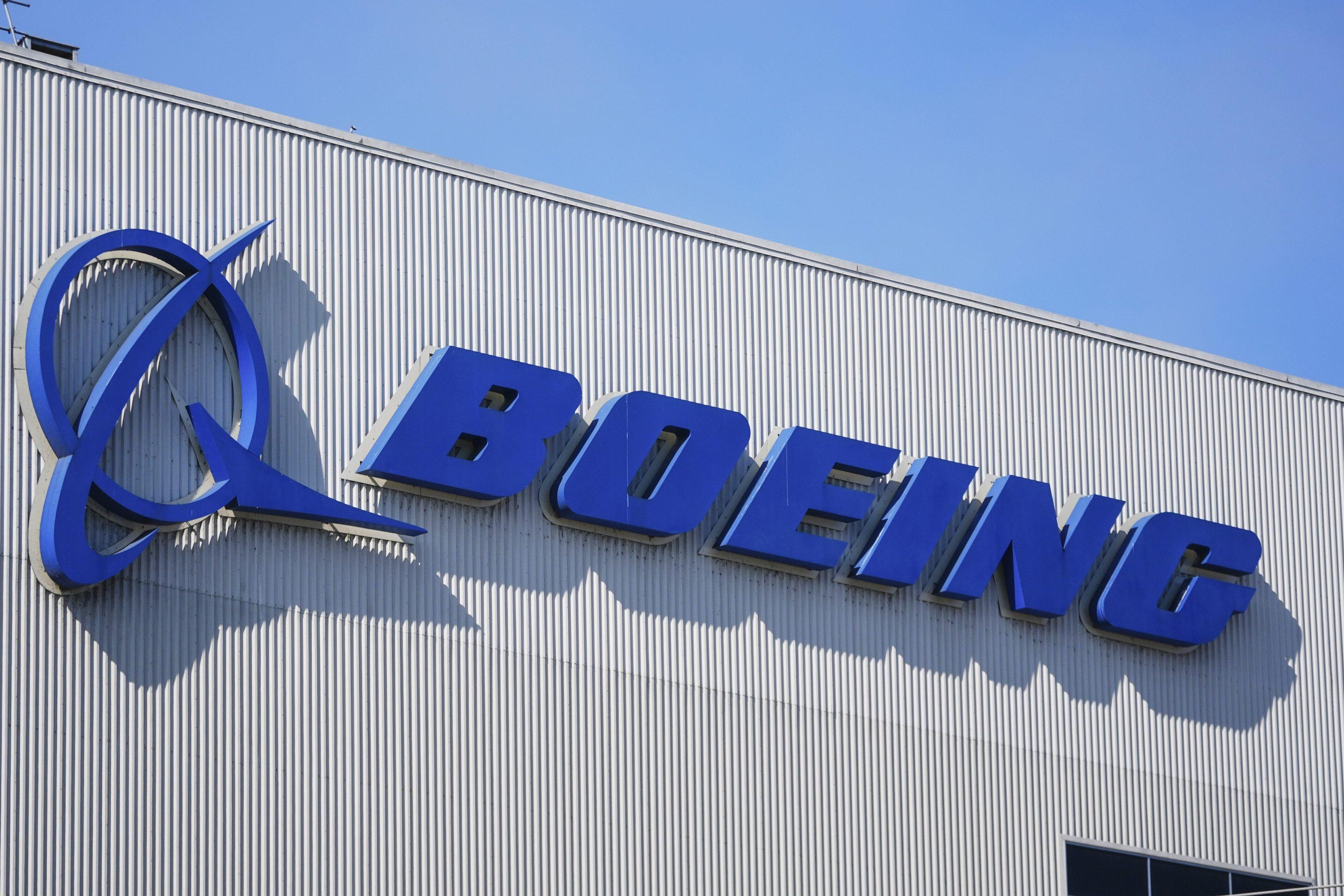
Boeing 737 MAX Fraud Trial Set for June 23, 2025
A United States federal judge has scheduled the criminal fraud trial of Boeing for June 23, 2025, marking a significant development in the aftermath of two fatal crashes involving the 737 MAX aircraft. The case, initiated by the US Department of Justice (DOJ), alleges that Boeing deliberately misled aviation regulators about a critical flight control system on the 737 MAX. These alleged deceptions are linked to crashes in Indonesia and Ethiopia, which collectively claimed hundreds of lives and prompted a global grounding of the aircraft model.
Legal Proceedings and Allegations
The trial date was unexpectedly set by a US District Court judge in Fort Worth, Texas, following years of complex legal negotiations. Boeing had previously entered into a deferred prosecution agreement (DPA) after the crashes, agreeing to corporate probation and compliance measures intended to prevent future misconduct. However, the DOJ contends that Boeing violated the terms of this agreement by failing to properly implement the required compliance and ethics programs.
Boeing has agreed to plead guilty to charges of conspiring to defraud the United States, specifically targeting the Federal Aviation Administration’s Aircraft Evaluation Group. As part of the agreement, the company consented to pay an additional fine of $243.6 million and to invest $455 million in enhancing its compliance, quality control, and safety initiatives.
Despite these developments, the legal process has encountered obstacles. In December, US District Judge Reed O’Connor rejected a prior plea deal due to concerns over a diversity and inclusion clause within the agreement. The judge set a deadline of April 11 for Boeing and the DOJ to negotiate a revised settlement. Although both parties have indicated they remain engaged in “good faith discussions,” no new agreement has been finalized, and the trial is scheduled to proceed as planned.
Implications for Boeing and the Aviation Industry
The outcome of the trial carries significant implications for Boeing’s reputation and future operations. Already severely damaged by the 737 MAX crisis, a guilty verdict could further erode trust among airlines, regulators, and the flying public. Market responses are anticipated to be volatile, with competitors such as Airbus potentially benefiting from Boeing’s legal and reputational difficulties.
The 737 MAX, once a cornerstone of Boeing’s short- and medium-haul aircraft portfolio, was grounded worldwide for nearly two years following the crashes due to a software defect. Boeing has since undertaken extensive system overhauls and collaborated closely with regulators to restore confidence, culminating in the aircraft’s recertification and phased return to service. Nevertheless, the upcoming trial highlights the enduring consequences of the crisis and the intense scrutiny Boeing continues to face.
As the trial date approaches, stakeholders across the aviation sector and financial markets will be closely monitoring the proceedings. The case is expected to influence not only Boeing’s trajectory but also broader industry standards concerning safety, regulatory compliance, and corporate accountability.
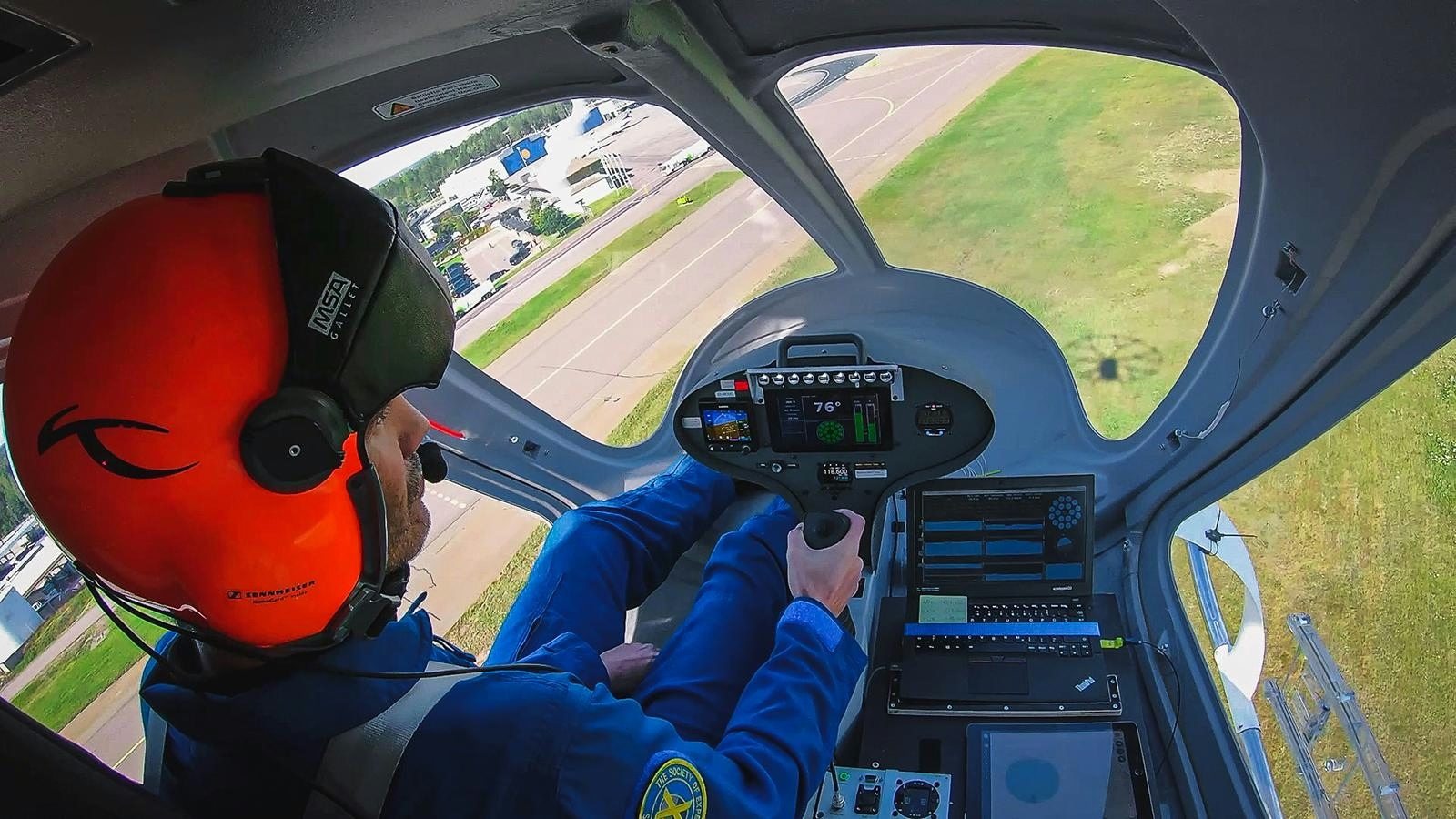
Joby Begins Air Taxi Pilot Training Program in California
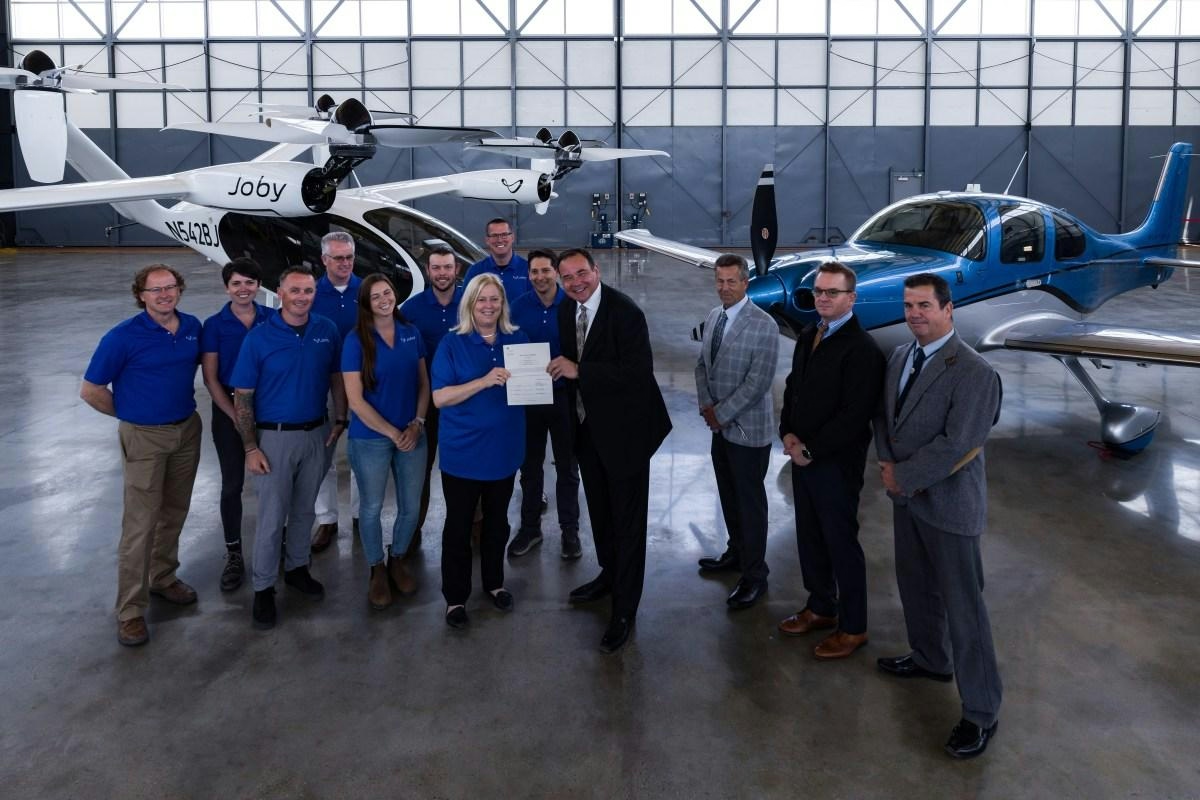
Joby Receives First CAE Flight Simulator to Enhance Air Taxi Pilot Training in Marina
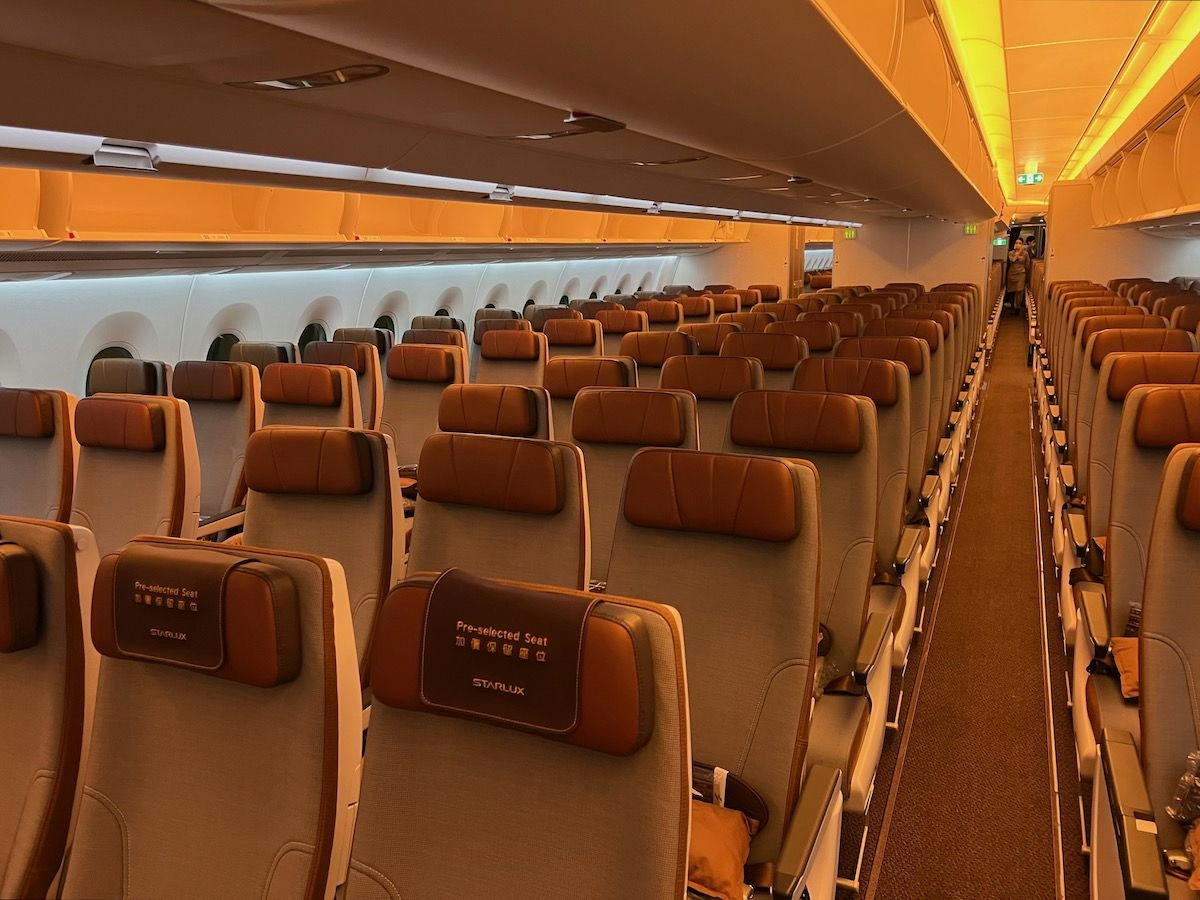
Review of Airbus Widebody Aircraft
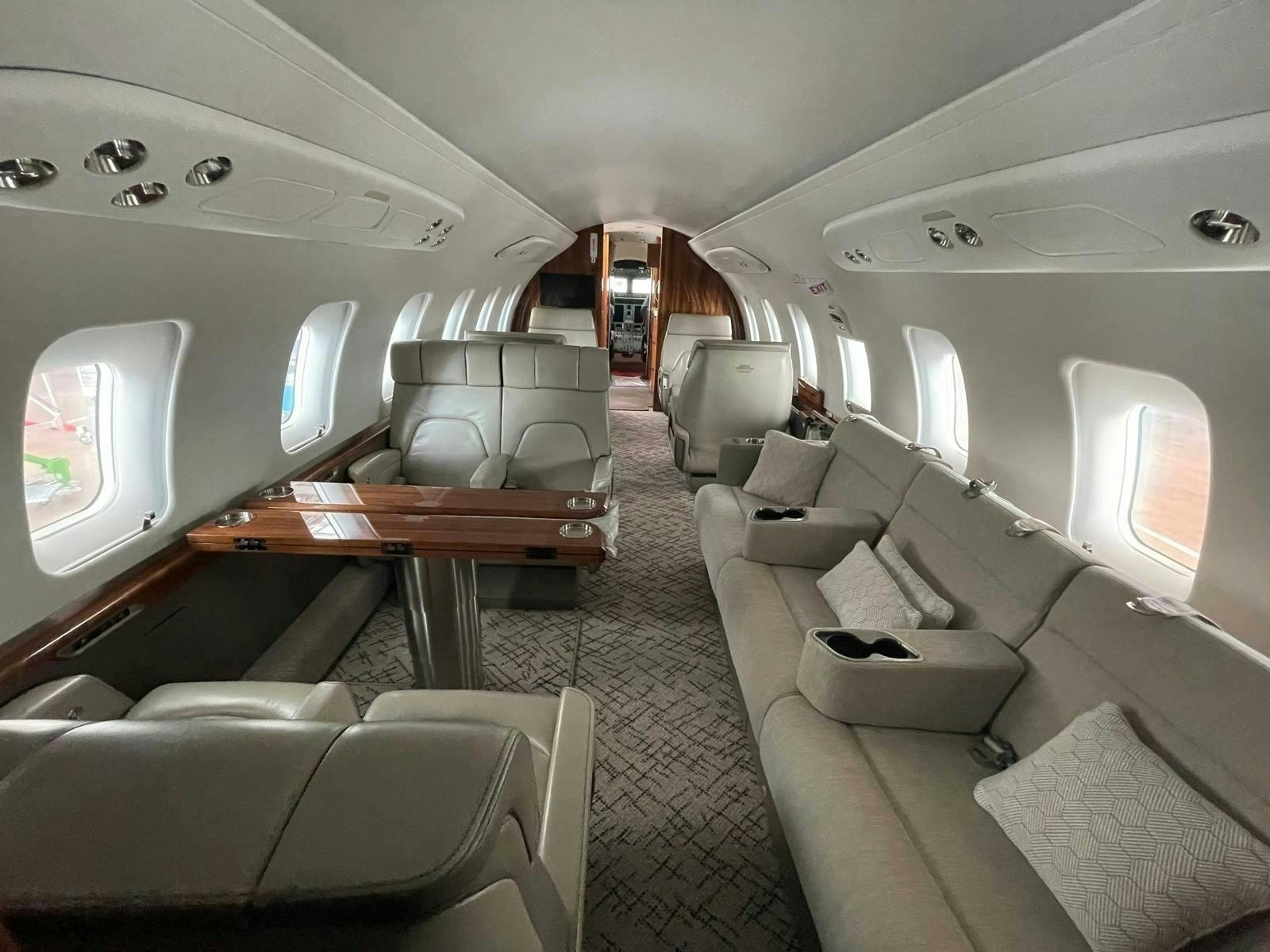
Nomad Technics Completes Maintenance on Challenger 650

CFM56 Engine Repurposed to Power AI Data Centers

Joby Aviation Prepares for Air Taxi Pilot Training Ahead of CES 2026
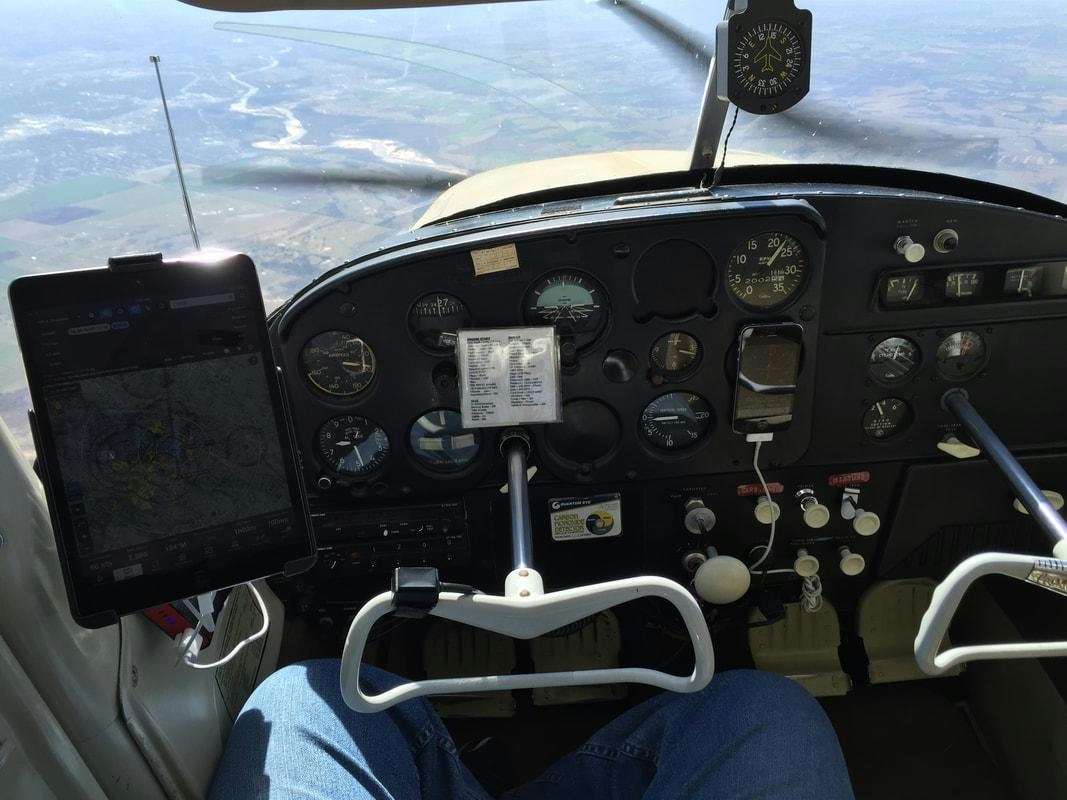
Fuel Exhaustion Caused by Incorrect Fuel Selector Installation
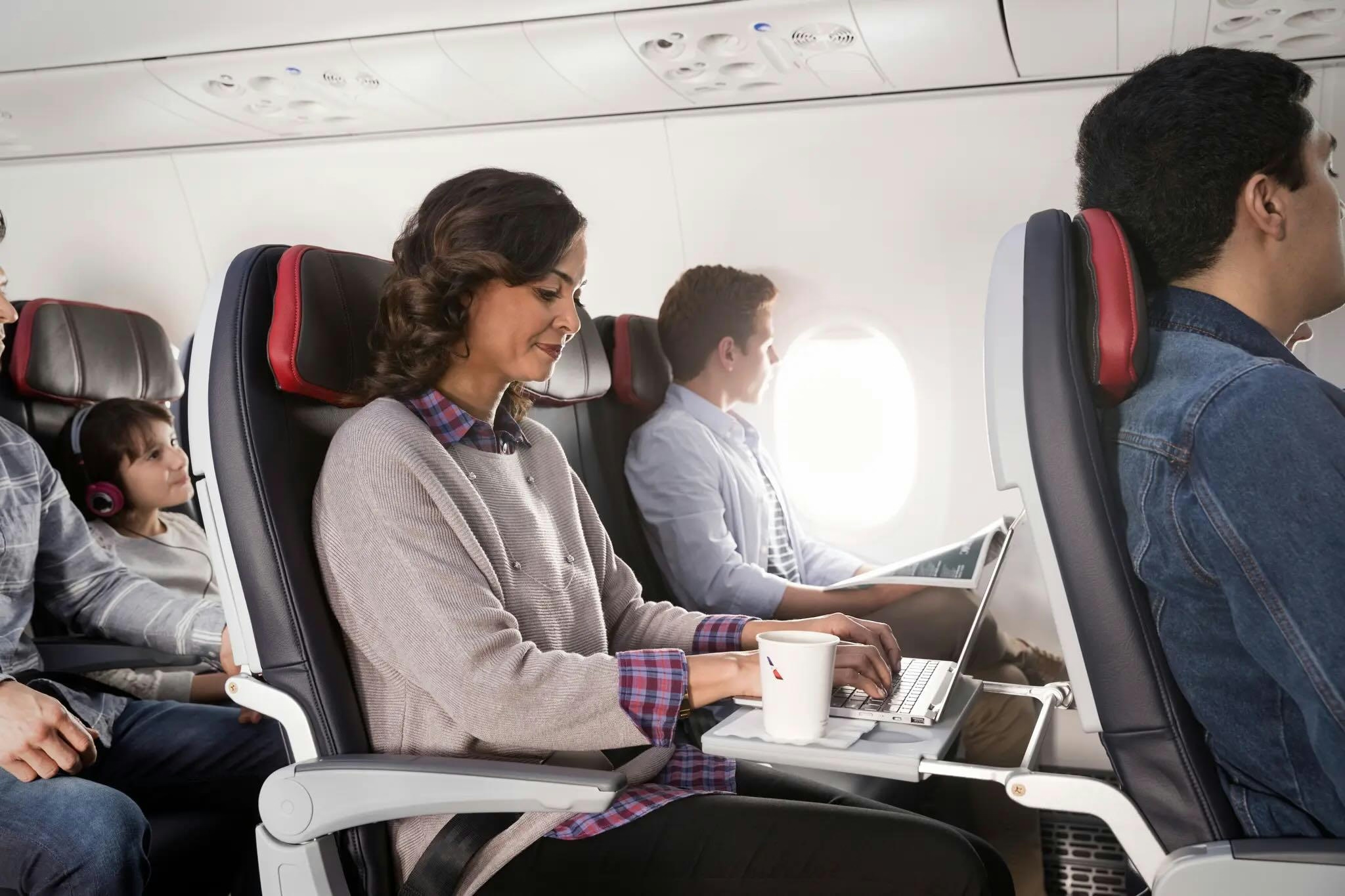
American Airlines to Offer Free Wi-Fi to Select Passengers
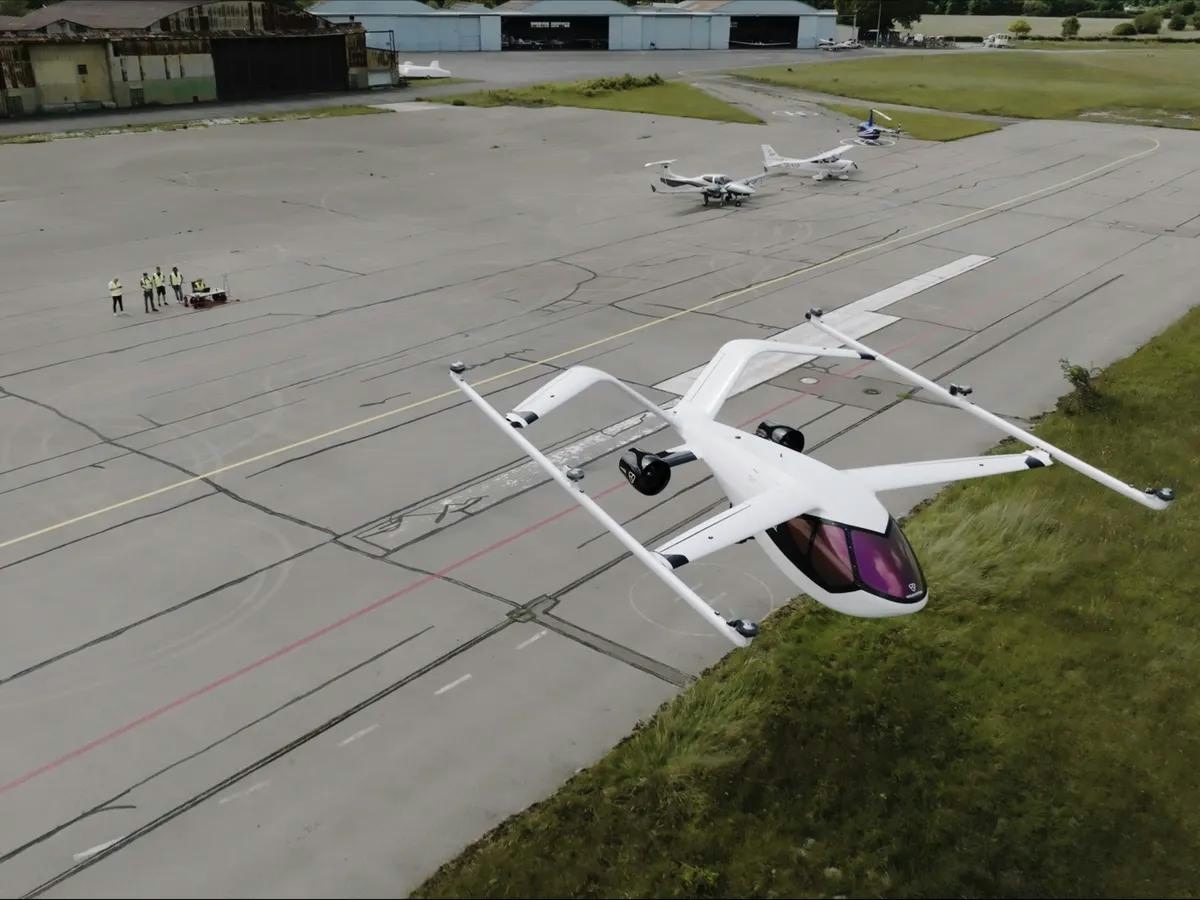
The Growing Role of eVTOL Aircraft
